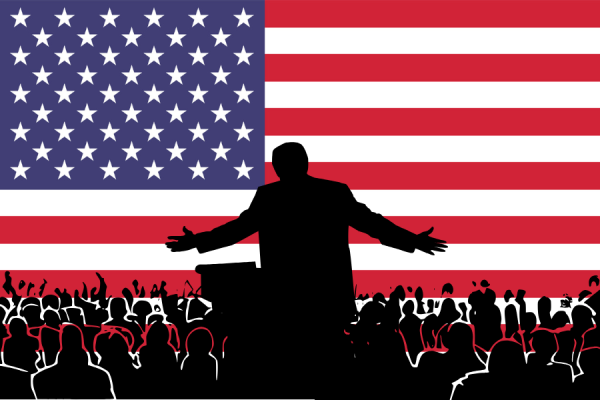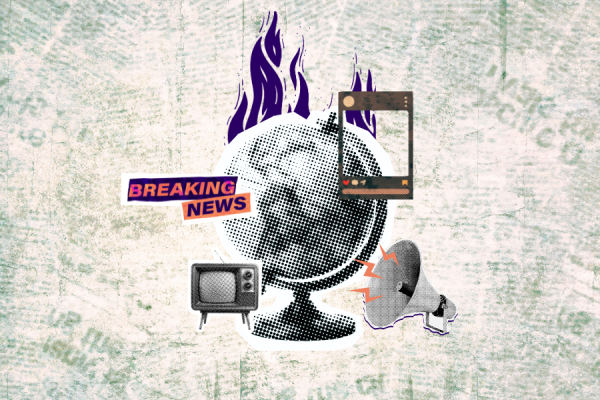Critical Race Theory Should be Taught in School to Combat Systemic Racism

Ted_Eytan
School communities battle over whether critical race theory should be taught in classrooms. Photo courtesy of Ted Eytan.
Over the past few years, the debate over critical race theory has presented itself in school communities all over the U.S. People argue whether it develops a firm understanding of how racism is embedded into government systems or if it’s a partisan technique that pits different races against each other. Due to this controversy, many state legislatures across the nation have recently introduced bills dedicated to banning the use of critical race theory in schools, especially centered around grades kindergarten through 12.
Texas is one of many states with critical race theory banned. Governor Greg Abbot officially signed off on the legislation prohibiting it this past June, and it went into full effect on Wednesday, September 1. Although many parties were opposing the legislature, they were overruled.
Critical race theory is a movement that envisions racism as a social construct rather than a primal biological impulse and focuses on how it is embedded into our government and legal systems. This concept is used in education, however, it is outlawed in multiple states. Lessons such as diversity, systemic racism, white privilege/supremacy, colonialism, and microaggressions are all examples of critical race theory being taught in schools.
Although there are many vehement arguments over why this concept should be kept out of schools teachings, my opinion remains firm. Critical race theory should be exercised in the education system. It plants a seed of awareness, acceptance, and empathy in those not as knowledgeable about the social and racial strains that persist to this day, cultivating a flourishing school environment.
The popular idea that by simply pretending that racism doesn’t exist, we can eradicate it, is ridiculous.
One of the leading principles of critical race theory is dismantling systemic racism, as many discriminatory legislatures have been entwined in America’s government systems since the dawn of our independence. There is truth to this concept. Although there are no longer any labeled “Jim Crow laws” per se, as there were during the early 1900s, it is still evident that neighborhoods are still racially divided. There is a lack of diversity in social and economic classes. Systemic racism has cultivated a society where it is harder for some people to succeed than others. Racism is by no means gone, and ignoring it is futile.
Nurturing acceptance, empathy, and knowledge from a young age is how we can combat systemic racism, considering that our generation is the future of the country. Critical race theory, despite all its controversy, can execute this goal. Educating children on current and past struggles involving the basis of race can urge them to fight against racism to help each other. Hence Edmund Burke’s notorious quote, “Those who don’t know history, are destined to repeat it.”
Many white people against this concept aren’t all that worried about the negative effects of introducing critical race theory to students. They simply don’t care enough to promote equality, as injustice doesn’t involve them directly. To be utterly blunt, disregarding social issues is, to the highest degree, lazy and selfish.
There are several African Americans against the concept of critical race theory, as they claim it promotes excessive black victimization and white villainization. Although I understand this sentiment, I believe that critical race theory can be exercised in a format that educates students on modern social issues rather than teachings that skew reality into a dramatic “good” and “evil” stereotype.
In conclusion, critical race theory offers a reasonable method to dismantle systemic racism. Banning it only worsens the problem, preventing students from achieving awareness about society’s relevant issues regarding race. Hopefully, with time, government officials will recognize this and make efforts to allow it in schools.

Class of 2024
Hi! I am a senior and this is my third year as a reporter for Westwood Horizon. Outside of press I enjoy hanging out with my friends,...






